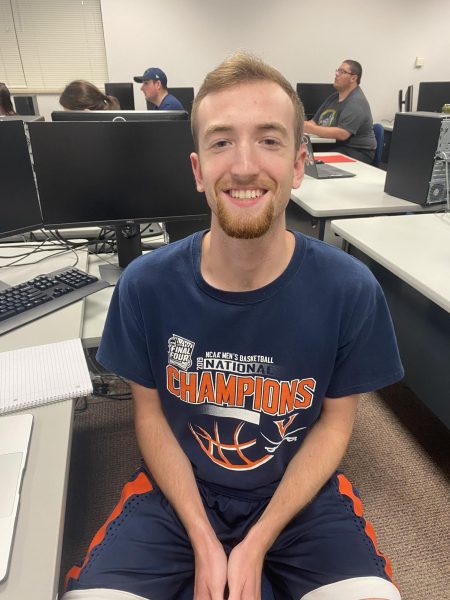Wayne State College students are encouraged to fill out the Healthy Minds Study for a chance to win prizes and assist in improving student life on campus.
WSC is participating in the Healthy Minds Study for the first time this year, and many other colleges are following suit. The Healthy Minds Study was started in 2007 by the University of Michigan in conjunction with the Jed Foundation.
“The Jed Foundation is a family-started foundation after their son committed suicide while at college,” Alicia McIntosh, associate vice president for student affairs, said. “So, they’ve made it their mission to prevent suicide on college campuses. And it’s gotten broader to just really taking care of mental health. One of the first steps is just completing this survey to figure out what we are doing well on campus, what we need to work on and what the state of mental health is at Wayne State.”
All WSC students can find a link to the survey in their inbox. The survey takes about 30 minutes to complete and covers three core modules. These include demographics, mental health status and mental health survey utilization. Several elective modules will also be included.
All answers are confidential, and students are encouraged to be open and honest when giving their answers. WSC will compare the data with national statistics to view possible areas of improvement.
“If any student thinks Wayne State needs to do more for mental health, then they need to complete the survey because that’s how we’re going to get funding for programs,” McIntosh said. “That’s how we’re going to know what students want, so it’s really given students a voice.”
All participants will be entered into a random drawing for prizes. Possible prizes are $25 gift cards to either Amazon, Starbucks, Subway or Buffalo Wild Wings. Students have until Nov. 30 to fill out the survey before it closes.
Not only does the survey give WSC a better understanding of mental health resources on campus, but it also promotes mental health in general.
“Talk to somebody, whether it’s a friend, a teacher, come to the counseling center, an advisor, just talk to somebody,” McIntosh said. “No matter who you talk with on campus, we’re going to get you help. Everybody has mental health issues, there’s nobody out there that is perfectly 100% mentally healthy. We all have issues so don’t be afraid to talk about them.”








